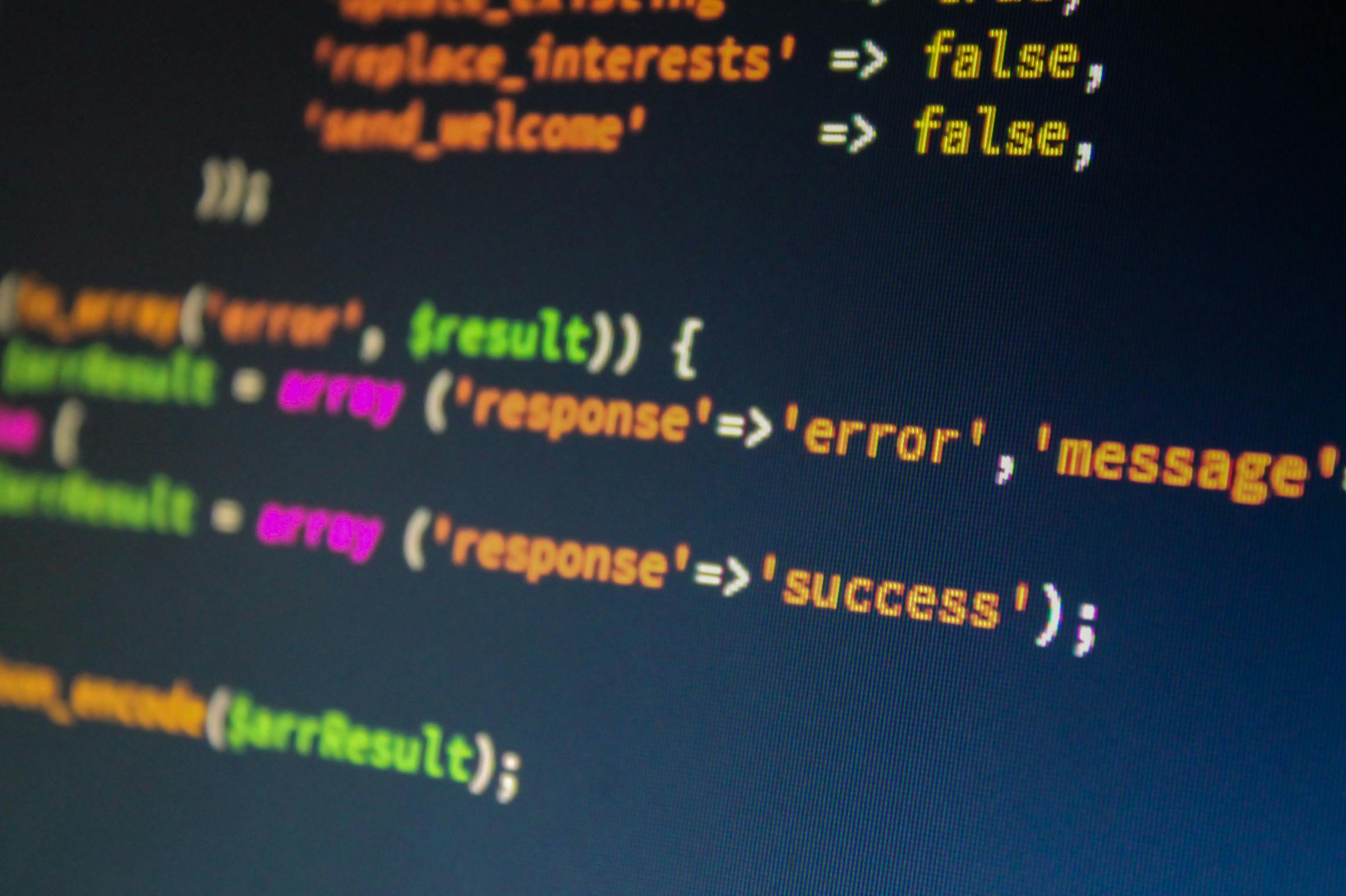My Employer Suspects I’m Cheating Due to Using AI to Manage My Tasks
Embracing Technology to Boost Productivity: Navigating Workplace Perceptions
In today’s fast-paced work environment, staying organized and efficient can often feel overwhelming. For professionals juggling numerous emails, follow-ups, meetings, and tasks, finding effective ways to manage workload is essential. Recently, I turned to artificial intelligence tools, such as ChatGPT and other digital resources, to streamline my daily responsibilities.
By integrating these AI tools into my workflow, I was able to automate note-taking, prioritize tasks, craft daily plans, and follow up on pending items. The results were immediately noticeable: I stopped feeling overwhelmed, rarely forgot important deadlines, and consistently submitted my work on time. This approach didn’t diminish my efforts; instead, it amplified my productivity and allowed me to focus on the quality of my work.
However, I encountered unexpected challenges when my supervisor observed my use of these AI aides. With a somewhat skeptical attitude, he suggested that relying on such tools undermines the authenticity of my work and implied that true effort must be more visibly strenuous. He expressed concern that I was making the team “look bad” and emphasized that “real work takes time,” implying that leveraging AI might be a shortcut or an unfair advantage.
This has created a complicated atmosphere. It seems there’s a misunderstanding about the role of technology in modern work practices. Using AI isn’t about shirking responsibilities; it’s about employing intelligent solutions to enhance efficiency and effectiveness. In fact, integrating these tools can free up time and mental resources, enabling professionals to deliver better results without unnecessary stress.
Ultimately, technology should serve as an asset, not a crutch. Embracing innovation is in line with the evolving nature of work, and fostering a mindset that values smart strategies alongside traditional effort is key. As workplaces continue to adapt, individuals may find that using AI and other digital tools is not only acceptable but essential for maintaining productivity and well-being.
Conclusion:
Innovative uses of AI in the workplace are redefining productivity standards. Recognizing these tools as allies—rather than shortcuts—can lead to healthier, more sustainable work habits, and help organizations stay competitive in an increasingly digital world.














Post Comment